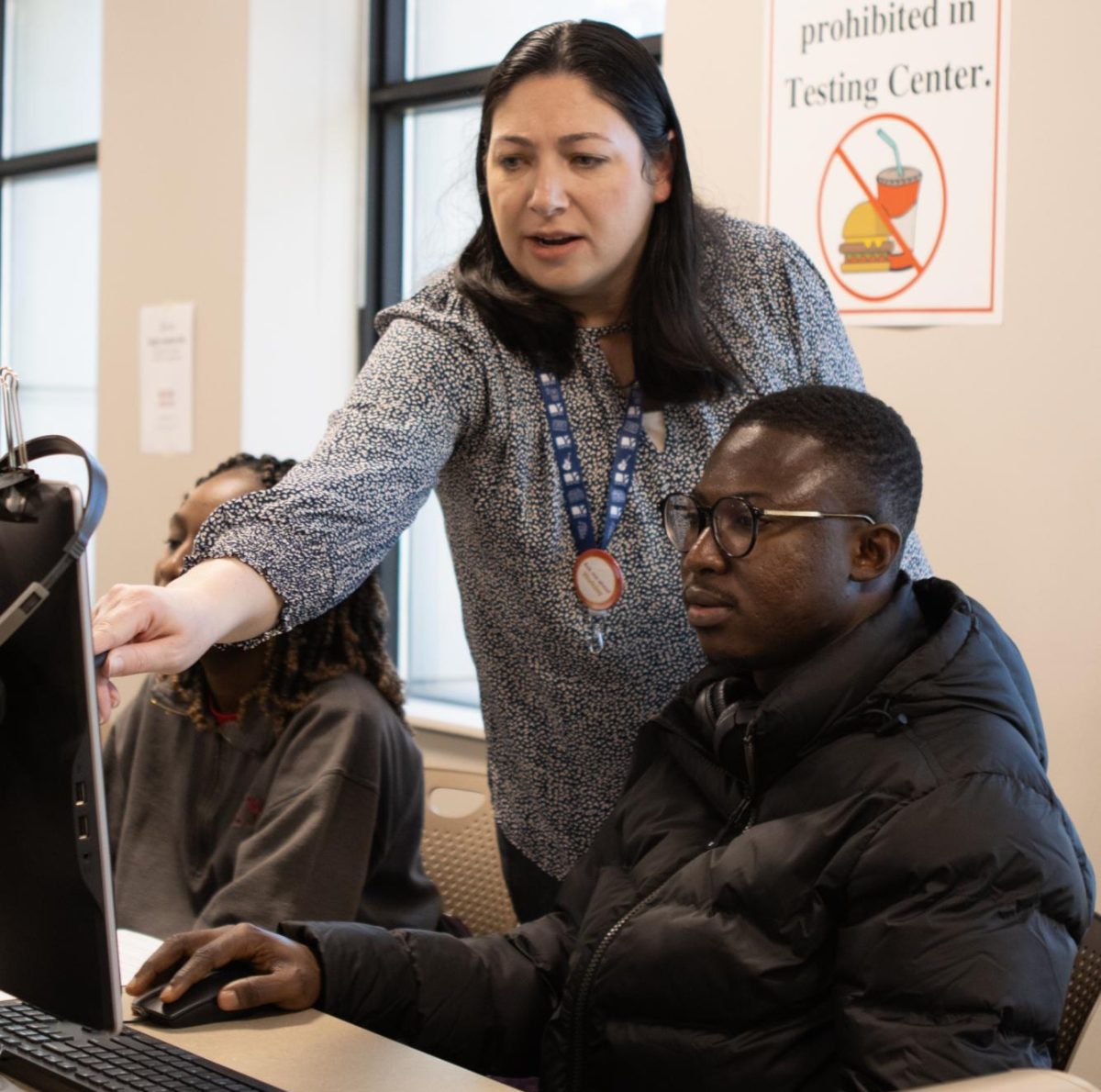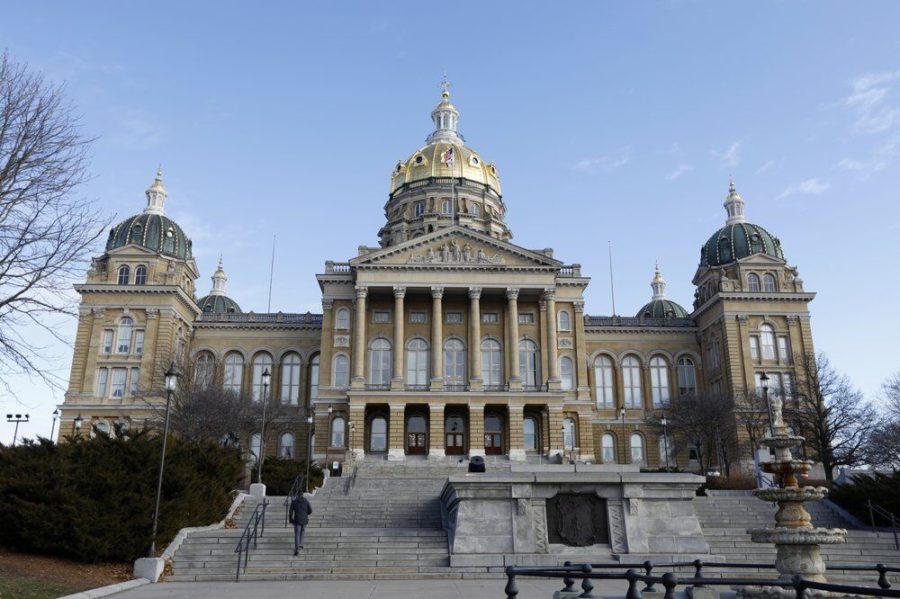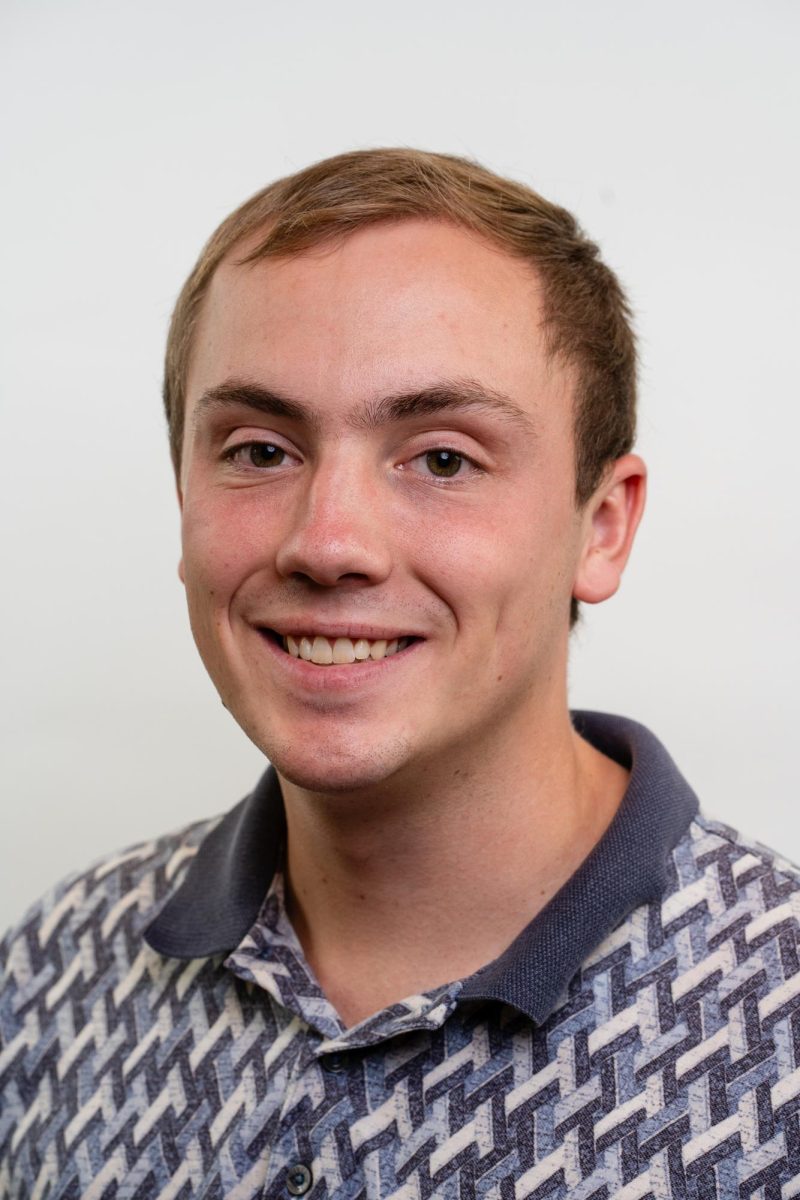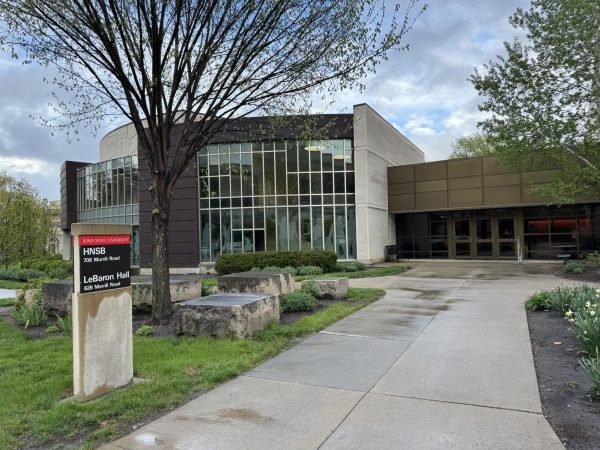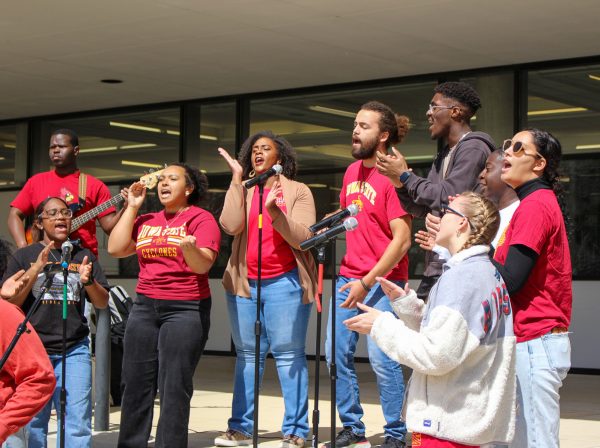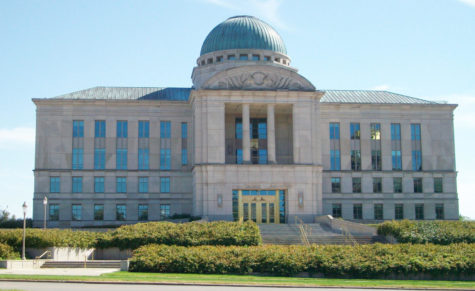Leopold Center celebrates 20th anniversary
July 12, 2007
The Leopold Center for Sustainable Agriculture held a conference Wednesday, celebrating its 20th anniversary.
“I simply wanted to recognize today several individuals who, because of their vision and courage and bipartisan efforts in the Iowa General Assembly, that we have the Leopold Center,” said Jerald DeWitt, director and professor of the Leopold Center for Sustainable Agriculture.
The Leopold Center was started to fund research for agriculture and continues to do so today. It is named after Aldo Leopold, born in Burlington, who is often considered the father of wildlife management.
Jack Payne, vice president of extension and outreach for the Cooperative Extension Service and Leopold Center advisory board member, gave the opening welcome and started off the array of speakers that would follow.
“On behalf of Greg[ory] Geoffroy, the president of Iowa State University, and the other members of our advisory board of the Leopold Center extend a warm welcome to the 20th anniversary symposium of the Leopold Center for Sustainable Agriculture,” Payne said.
Payne said the main topics for the symposium would be people and the land, food and health, and bioeconomy and healthier natural resources.
“I cannot think of a more humane set of initiatives for Iowa at this moment in time,” Payne said.
Payne said when he was preparing for this conference, he noticed the mission statement for the Leopold Center – “The Leopold Center for Sustainable Agriculture explores and cultivates alternatives that secure healthier people and landscapes in Iowa and the nation” – was in alignment with Iowa State’s goals of healthy people, healthy environments and healthy economies.
A prerecorded message from Sen. Tom Harkin, D-Iowa, was shown. In it, he explained how the Leopold Center changed the landscape of agriculture for Iowa and highlighted a new farm bill he was working on.
“Over the last 20 years, the Leopold Center has accomplished everything we hoped it would and then some,” Harkin said. “Most importantly, the center has demonstrated time and again that there is no conflict between profitable agriculture and good environmental stewardship.”
After many speakers and introductions, the keynote speaker, Mark Richie, ISU alumnus and Minnesota secretary of state, took center stage to talk about his experiences with politics and agriculture.
“It’s a little complicated to get elected in Minnesota when you’re an Iowan,” Richie said.
Although Richie’s father was an agricultural researcher, he was not drawn into farming issues by his father. The war in Vietnam was what got Richie started on political issues, he said.
” [Vietnam] was a window to a bigger world,” Richie said.
It was a time of great movements and upheaval, he said. There was an anti-war movement, a civil rights movement, a women’s movement and an educational movement. Ivan Illich, philosopher from Austria, came to CY Stephens Auditorium and talked about education in conjunction with the educational movement. Illich made Richie want to get a teaching certificate.
After all of Richie’s experiences with agricultural and political activism, he was finally interested in agricultural policy.
“What moved me to start thinking about agriculture was the visible and quite apparent contradictions that were easy to see and understand,” Richie said.
He said he remembered driving between Ames and Nevada, where he grew up, and seeing farms going broke on the richest farmland in the nation. He was working with children without food when there was plenty of food to feed them.
“I was very influenced by Tom Harkin, who I first knew as a human rights advocate,” Richie said. “His process of understanding about how policy makes the future and people make the policy began affecting how I understood what my job, what my role, maybe should be.”
Richie said two words that described the center were “bold” and “balanced.” He said the future of the center will be based on turning that boldness into vision.
“Patton was bold, Eisenhower had a vision,” Richie said. “It took both to build the hope, the inspiration, the capacity, the tactical and the strategic combination to win.”
Richie said we have boldness in our society now, but we are at a loss for vision. We don’t know where we want to be, but boldness supplies the energy for this vision, he said.
He also said the work that has been done at the Leopold Center for the last 20 years has gone toward making the planet a better place.
Richie said because of what has gone into making the Leopold Center and what it has accomplished, he is not ashamed to say he is an Iowan, no matter what the political consequences are.

